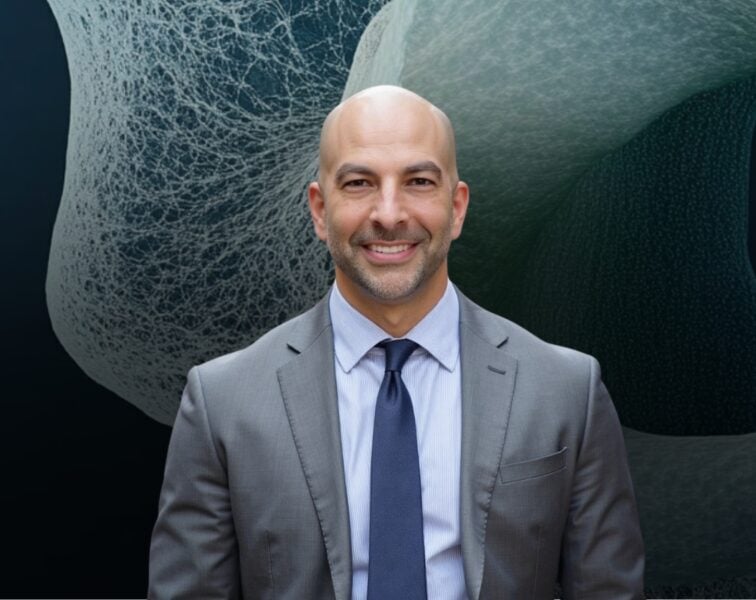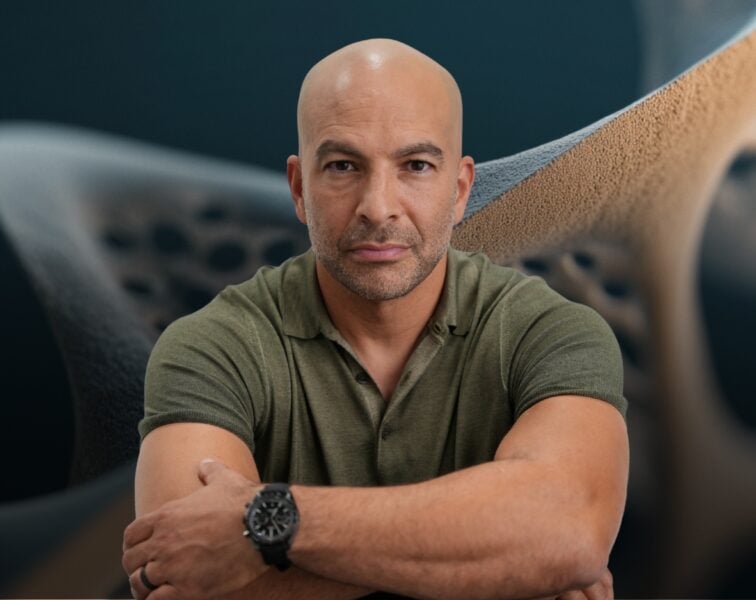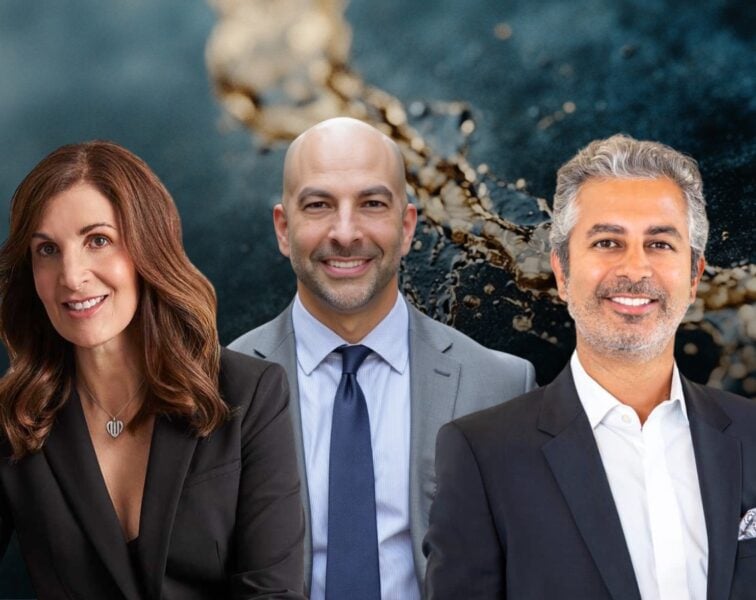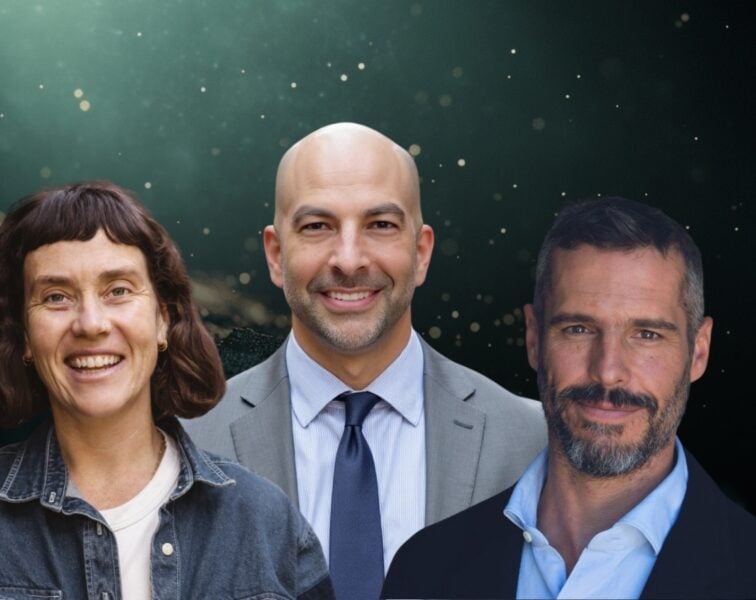

The Peter Attia Drive Podcast
The Peter Attia Drive is a deep-dive podcast that explores the science and art of living the longest and healthiest life possible. With over 100 million downloads, The Drive investigates everything from exercise and nutritional biochemistry to cardiovascular health, cancer, cognitive health, mental and emotional well-being, and beyond. Each episode brings listeners closer to the cutting edge of what it means to thrive.
Hosted by Dr. Peter Attia—a Stanford, Johns Hopkins, and NIH-trained physician renowned for his expertise in longevity and life optimization.
- 100+ million episodes downloaded
- A focus on maximizing longevity
- Deep dive into physical, cognitive, and emotional health
- Topics include exercise, nutritional biochemistry, cardiovascular disease, Alzheimer’s disease, cancer, and much more
AVAILABLE on your favorite platforms
Popular Episodes
Ep. #261
Training for The Centenarian Decathlon: zone 2, VO2 max, stability, and strength
Podcast Episode
Get Premium Access to Exclusive Content
Membership Includes:
- Exclusive Ask Me Anything episodes
- Best in class podcast Show Notes
- Premium Articles on longevity
- Full access to The Qualys podcast
- Quarterly Podcast Summary episodes
Monthly
$19 / month
Billed monthly.
Annual
$149 / year
Billed annually.
Recent Episodes
Guest Episode
Skincare strategies, the science of facial aging, and cosmetic-intervention guidance
Guest Episode
What the dying can teach us about living well: lessons on life and reflections on mortality
Guest Episode
Female fertility: optimizing reproductive health, diagnosing and treating infertility and PCOS, and understanding the IVF process
Guest Episode
Male fertility: optimizing reproductive health, diagnosing and treating infertility, and navigating testosterone replacement therapy
Guest Episode



















